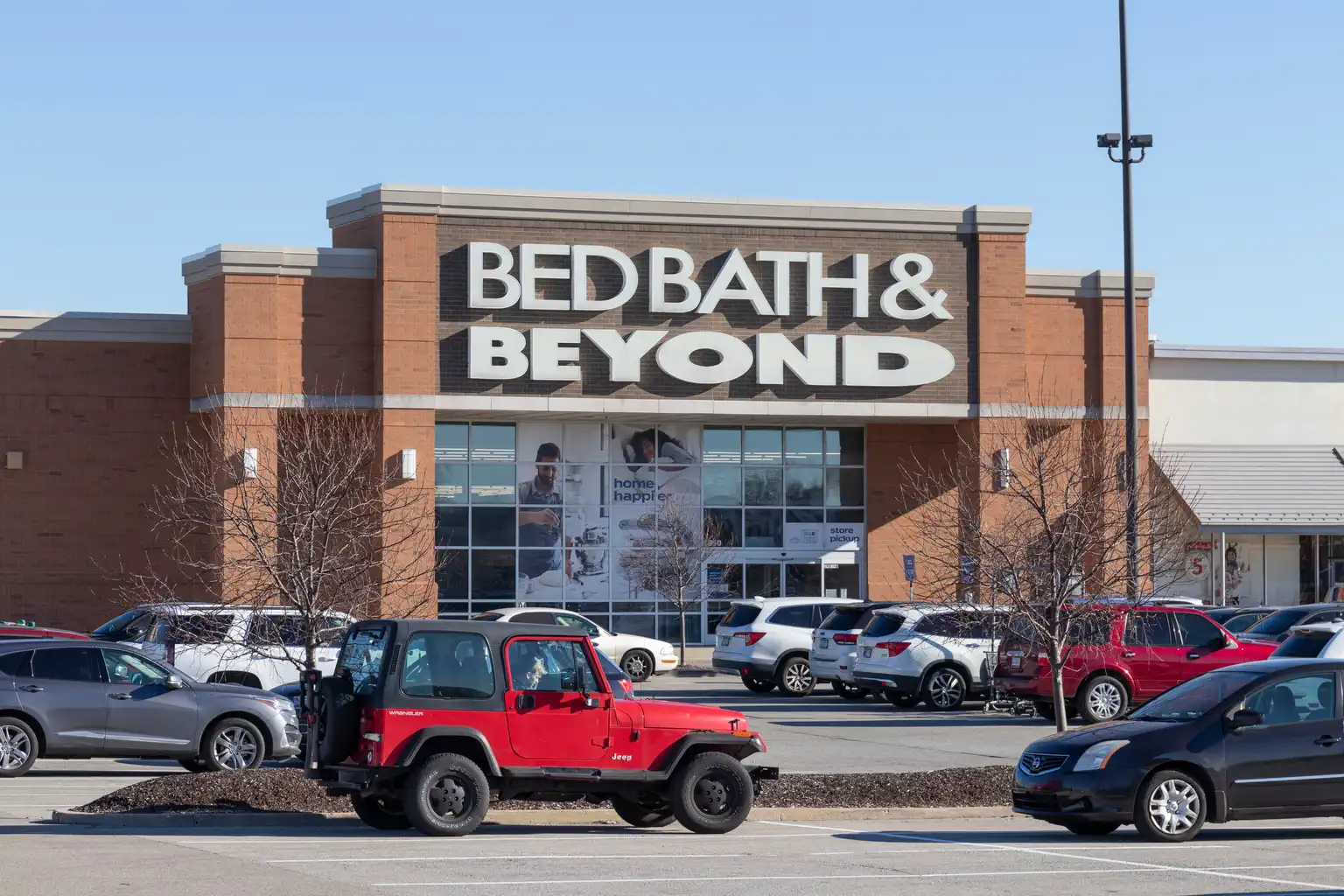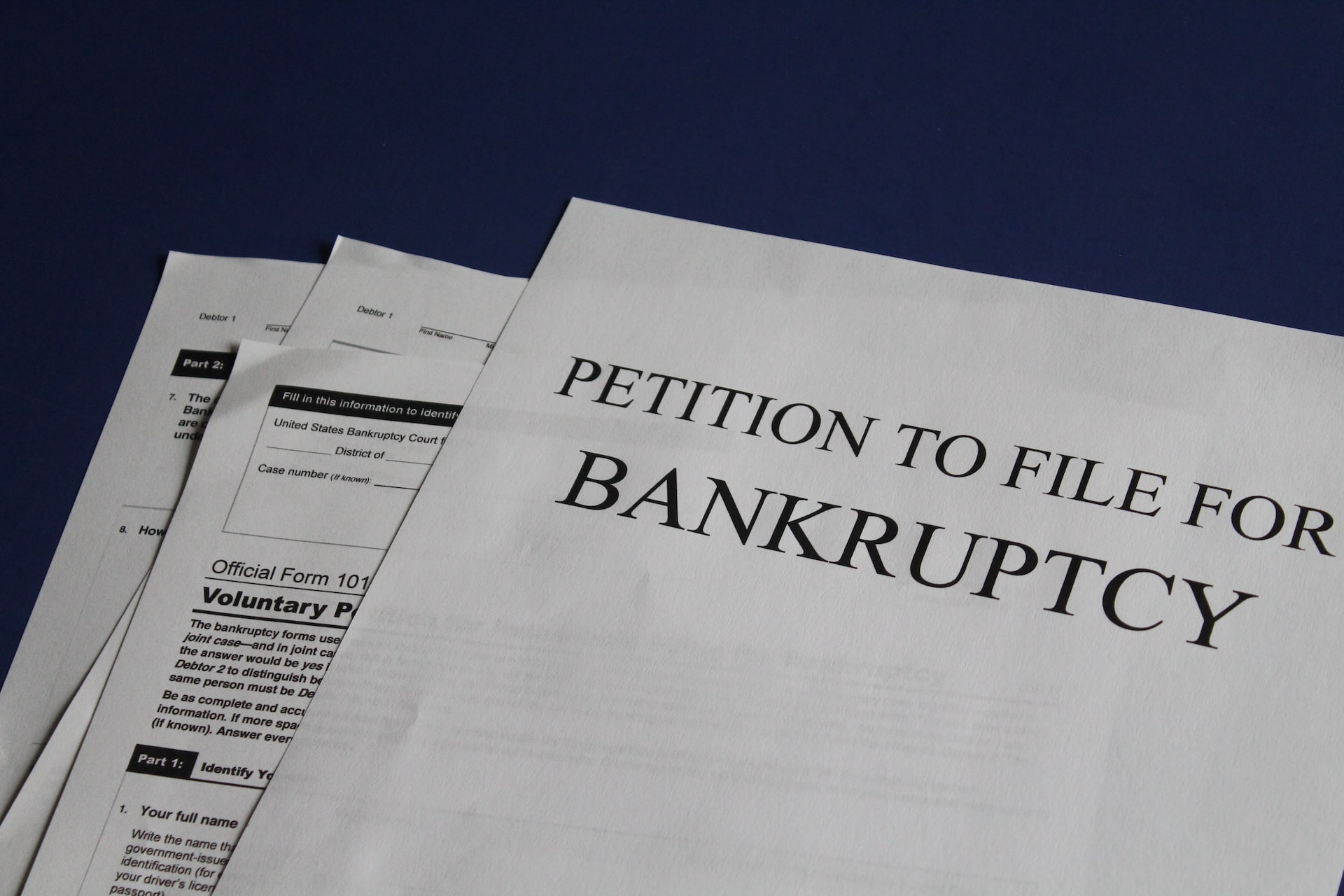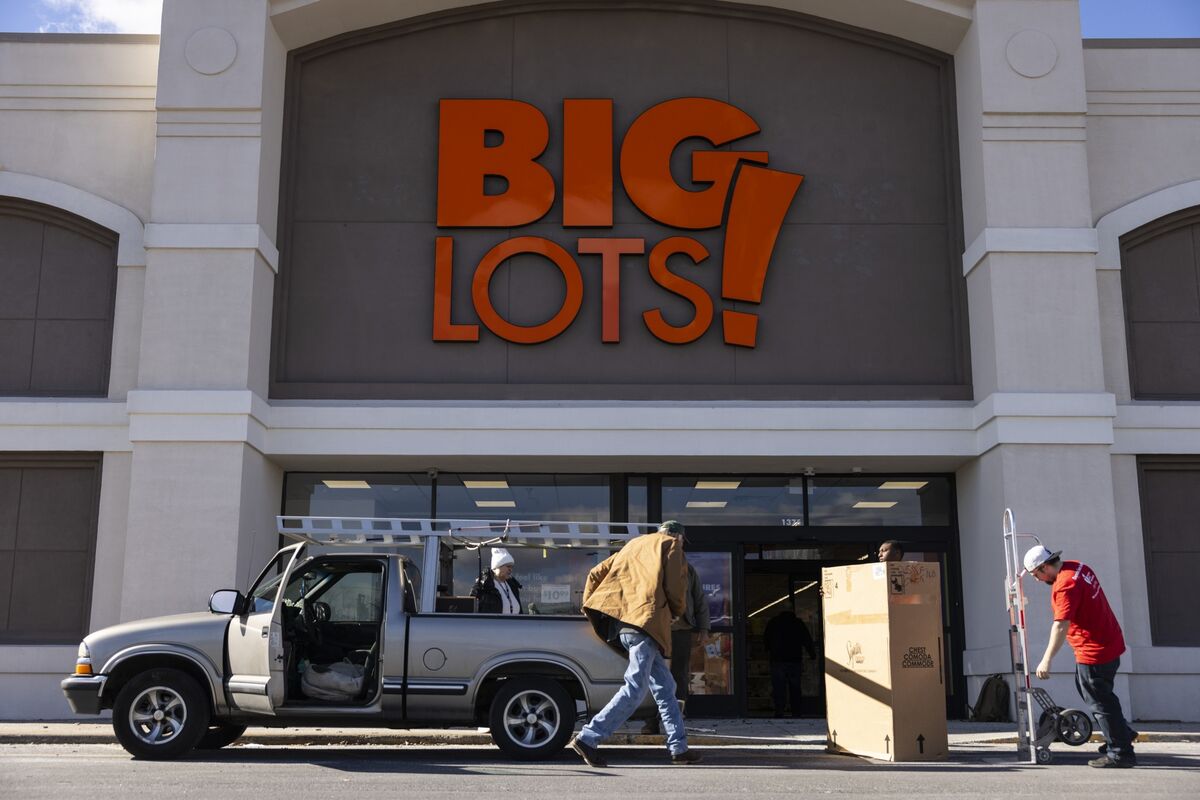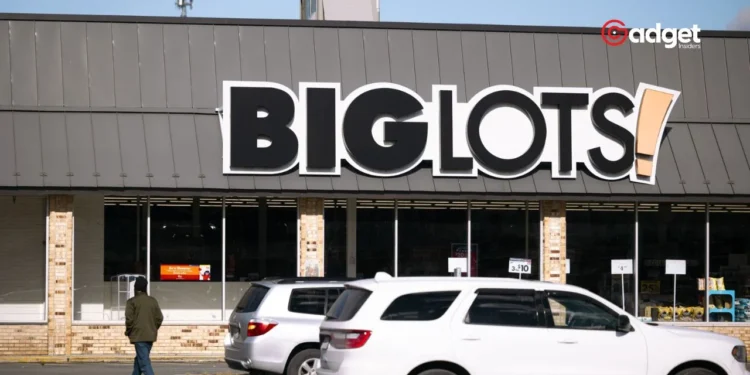In recent times, the economic landscape for low and middle-income consumers in the US has become increasingly challenging. As disposable incomes shrink, the ripple effect is being felt across various sectors, most notably among budget chains. Claire Boston, a reporter based in London, delves into this phenomenon in her latest piece, shedding light on how diminished consumer spending is driving budget retailers to the edge of bankruptcy.

Economic Stress and Consumer Spending
The financial pressure on American consumers, particularly those in the lower and middle-income brackets, has been steadily mounting.
With rising inflation and stagnant wages, many households are finding it difficult to make ends meet. This strain is not only affecting individual lifestyles but is also having a significant impact on the businesses that cater to these demographics.
“Economic stress is starting to spread to the companies that serve low and middle-income consumers,” notes Boston. This trend is particularly evident in the retail sector, where budget chains that once thrived on affordability and high turnover are now struggling to stay afloat.
The Impact on Budget Chains
Budget chains, which have traditionally been a lifeline for cost-conscious shoppers, are now facing unprecedented challenges. As consumer spending tightens, these retailers are experiencing a decline in sales, leading to severe financial distress.
The situation has forced several budget chains to file for bankruptcy, marking a significant shift in the retail landscape.

A notable example of this trend is the recent spate of bankruptcies among budget chains. These stores, which once enjoyed robust patronage from shoppers looking for bargains, are now grappling with reduced foot traffic and shrinking revenues.
The financial woes of these chains highlight the broader economic challenges facing many American consumers today.
Case Study: Thames Water and Citgo
The economic difficulties facing budget chains are not confined to the retail sector. Other industries are also feeling the pinch as consumer spending contracts.
For instance, Thames Water, a major utility provider, and Citgo, an energy company, have both faced financial difficulties recently. These cases underscore the far-reaching impact of reduced consumer spending on various sectors of the economy.
Boston’s report also highlights a pandemic-era bet on cleaning that failed to yield the expected returns. As the demand for cleaning products surged during the pandemic, many companies invested heavily in this sector, anticipating sustained high demand.
However, as the pandemic waned, so did the demand for these products, leading to financial setbacks for the companies involved.

The Broader Economic Implications
The challenges facing budget chains and other sectors reflect broader economic trends that could have long-term implications. As consumer spending remains constrained, businesses that rely on high volumes of low-margin sales are particularly vulnerable.
This vulnerability is exacerbated by rising costs, supply chain disruptions, and the ongoing impact of the pandemic.
The current economic environment is also prompting a reevaluation of business strategies. Companies are being forced to adapt to changing consumer behaviors and economic conditions. For budget chains, this might mean diversifying their product offerings, investing in e-commerce, or finding new ways to attract and retain customers.

Future Outlook: A Time for Adaptation
Looking ahead, the future for budget chains and similar businesses remains uncertain. While the challenges are significant, they also present an opportunity for innovation and adaptation.
By understanding and responding to the evolving needs of consumers, these businesses can navigate the current economic landscape and emerge stronger.
Boston’s insights provide a sobering look at the realities facing budget chains today. However, they also underscore the resilience and adaptability that will be required to weather the storm. As businesses adjust to new economic realities, the ability to innovate and pivot will be crucial to their survival and success.
The economic stress on American consumers is creating a challenging environment for budget chains and other businesses. The ripple effects of reduced consumer spending are being felt across various sectors, highlighting the need for adaptability and innovation in these uncertain times.










